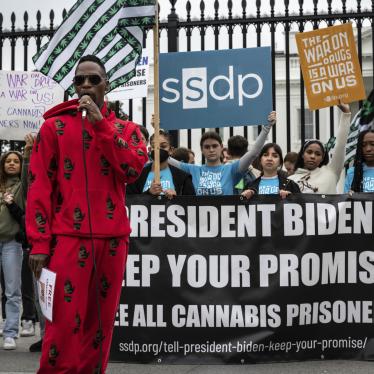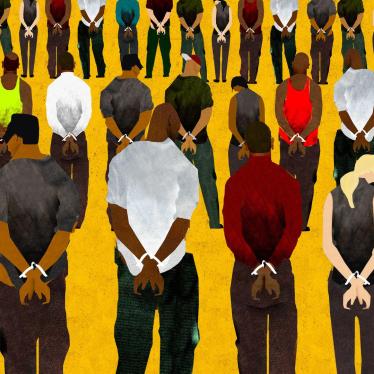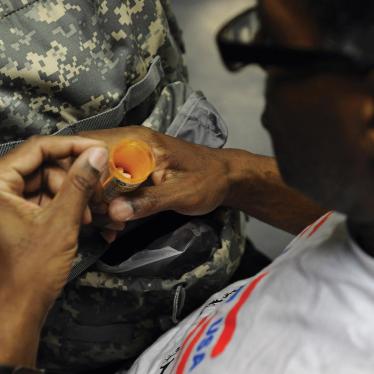The U.S. “war on drugs” has been a bust. And despite the federal government’s efforts to claim otherwise, Americans know it: a new national Angus Reid poll shows that 65% of Americans – with the low marks even across party lines – think the decades long effort has been a failure.
Over the past 40 years, the expenditure of hundreds of billions of dollars has done little to prevent drugs from reaching those who want them and has had scant impact on consumer demand. Drug gangs, particularly south of the border, remain brutal and violent, and the violence has been jumping the border more and more frequently. A staggering total of $521 billion has been spent to arrest and incarcerate drug offenders, including 10 million people whose crime was nothing more than possession of marijuana.
Even beyond government spending, the drug war’s costs have been huge. Anti-drug efforts have shredded the 4th amendment to the US constitution on search and seizure, with the courts permitting ever-more-intrusive police activities against those suspected of carrying or selling drugs. The eighth amendment’s prohibition on cruel punishments has been diluted by mandatory draconian sentences for minor drug crimes. In courts swamped with hundreds of thousands of low-level drug cases, rapid fire plea bargains pass for justice.
Perhaps most devastating, the drug war has yielded tremendous unjustified racial disparities in the criminal justice system. As the creators of television’s “The Wire” – perhaps the most accurate and powerful depiction of the ravages of the drug war in urban America – noted in a 2008 article, the battle against dangerous substances is a war on poor Americans of color.
Blacks and whites engage in drug offenses at roughly similar rates. But over the last 30 years, drug arrest rates for black Americans have been from 2.8 to 5.5 times as high as those of whites. Black men enter state prisons on drug charges at more than ten times the rate of white men.
Although most American drug offenders are white, African American communities have been and continue as the principal "fronts" of the drug war. To some extent, this is because drug arrests are easier there and police methods are rarely protested.
At a deeper level, racial disparities in the criminal justice system reflect the way race shaped the definition of the drug problem and hence the proposed solutions. When crack took hold in black communities, public officials could have responded with aggressive community-building investments in substance abuse treatment, education, employment and the like. Instead, they chose punitive policies of arrest and incarceration – which appealed to whites anxious about their declining status and fearful about the “dangerous” black urban underclass.
There was hope that the Obama administration would rethink the government’s approach to the drug problem. President Obama’s new drug plan changes the rhetoric – no more military metaphors for anti-drug efforts – but the war isn’t over.
Under Obama’s plan, money will continue to flow to traditional drug law enforcement, with prevention and treatment getting short shrift. Whites will continue to smoke weed and snort cocaine with relative impunity. Low-income people of color arrested on drug charges will continue to fill the nation’s jails and prisons. Racial disparities in anti-drug efforts will continue to belie the national commitment to equal protection and racial justice.
President Obama recently signed legislation reducing the infamous federal sentencing disparities between crack and powder cocaine offenses. This is a step in the right direction because more than 80% of the offenders who had received the far harsher federal crack sentences were black. But most drug offenders are prosecuted in state courts under state law—out of 1.7 million annual drug arrests nationwide, only about 25,000 are prosecuted in federal courts – and the new federal cocaine sentences will mean nothing to them.
No one disputes the importance of protecting minority communities from addiction as well as the disorder, nuisance, and violence that can accompany drug dealing. But drug policies emphasizing arrest and incarceration lock many minority group members in multi-generational cycles of disadvantage and social exclusion. The policies evoke the infamous phrase from the Vietnam War: "It became necessary to destroy the village in order to save it.”
..
Jamie Fellner is senior counsel in the U.S. program of Human Rights Watch and has written extensively about racial disparities in drug policies.







